
Giles Oldroyd. Engineering the nitrogen symbiosis for smallholder farmers in Africa
CSVL Research, Curated Webinars / Video Lectures, Webinars0 Comments
/
Filmed at the Gatsby Summer School, University of Cambridge 2015
Western agricultural systems are reliant on the application of inorganic nitrogen fertilisers to greatly enhance yield. However, production and application of nitrogen fertilisers account for a significant proportion of fossil fuel usage…

Beverley Glover. Flowering plant diversity: development, function and evolution
CSVL Research, Curated Webinars / Video Lectures, WebinarsFilmed at the Gatby Summer School, University of York, 2013
http://www.tree.leeds.ac.uk/tree.2.0/view_lecture.php?permalink=MTA2Nw
Abstract: The enormous species diversity of the flowering plants has puzzled evolutionary biologists since Darwin’s day. The rapid radiation of the flowering plants…
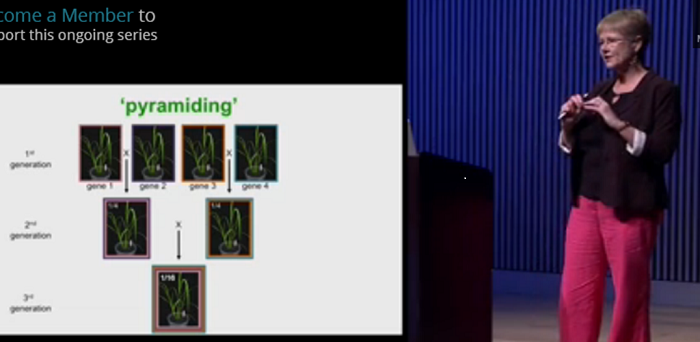
Jane Langdale. Radical Ag: C4 Rice and Beyond
CSVL Research, Curated Webinars / Video Lectures, WebinarsFilmed at the Long Now Foundation, March 2016.
Revolutionary rice
Feeding the world (and saving nature) in this populous century, Jane Langdale began, depends entirely on agricultural efficiency—the ability to turn a given amount of land and sunlight into ever more food. And that depends on three…
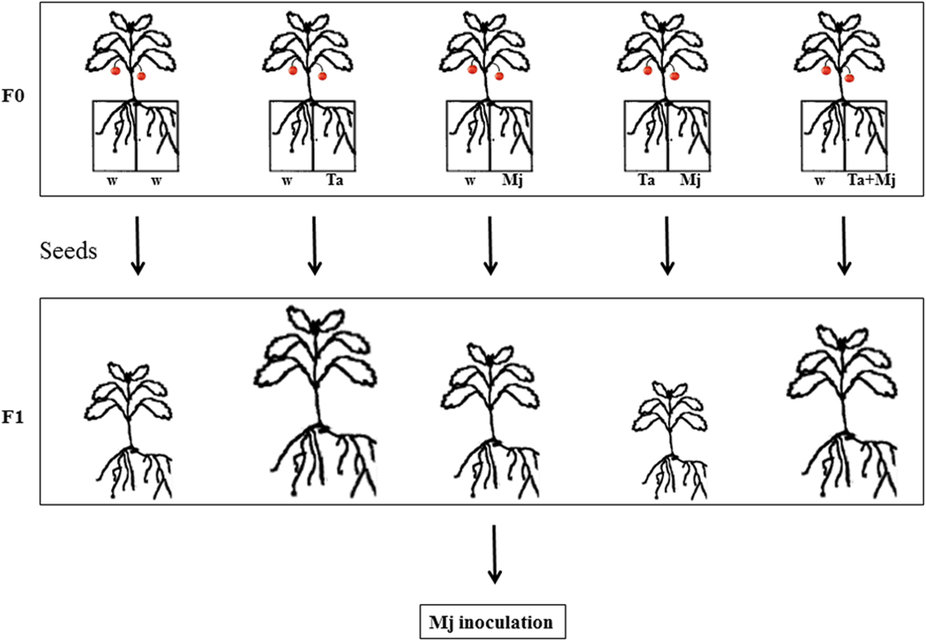
Transgenerational biocontrol against root-knot nematode following priming by biocontrol fungus
Plant Science Research Weekly, ResearchRoot-knot nematodes including Meloidogyne javanica are major agricultural pests. Previous studies have shown that biocontrol agents including species of the fungal genus Trichoderma interfere with root-knot nematode pathogenicity, directly through effects on the nematode, and indirectly through a stimulation…
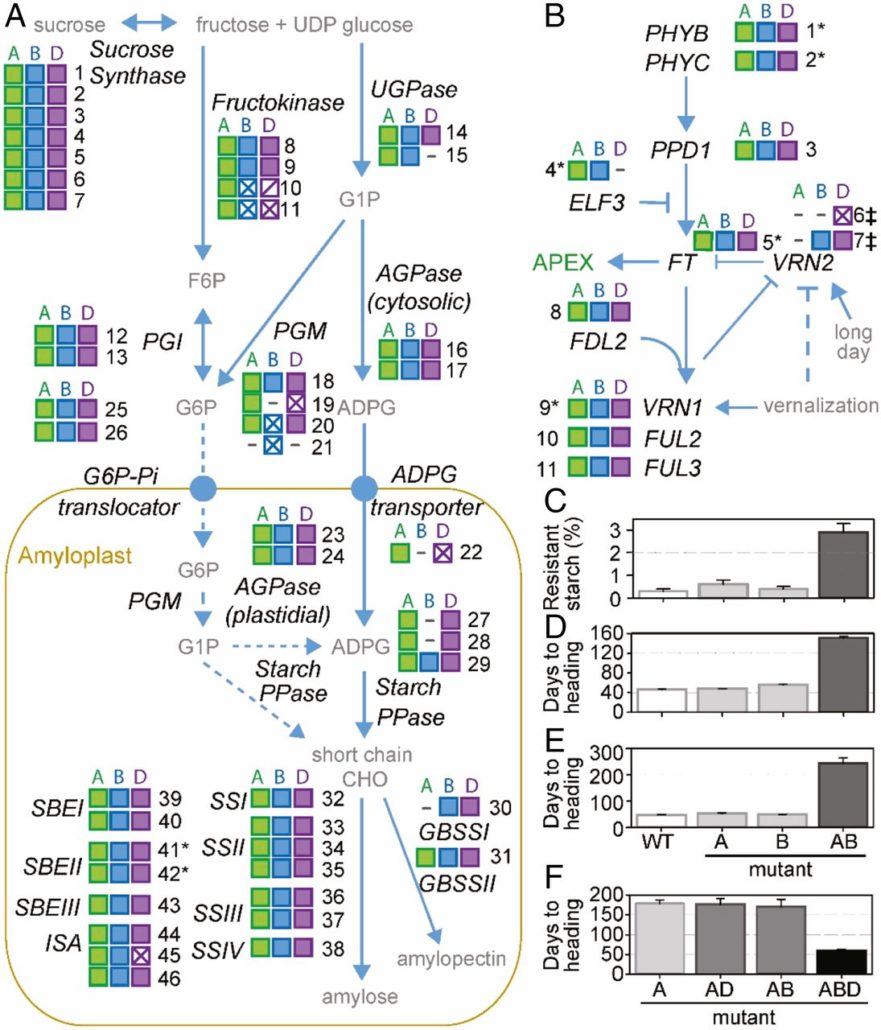
Uncovering hidden variation in polyploid wheat
Plant Science Research Weekly, ResearchOne of the big challenges of working with wheat, as compared to rice, is that the wheat we eat is polyploid; bread wheat (Triticum aestivum) is hexaploid (six copies of each gene) and pasta wheat (Triticum turgidum) is tetraploid (four copies each). Polyploidy makes forward genetics difficult; knocking…

Regulation of tulip flowering by temperature ($)
Plant Science Research Weekly, ResearchCultivation of Tulipa gesneriana (tulip), an economically important species due to its ornamental value, can be affected by warming winters, leading to low quality flowers produced out of season. Leeggangers et al. have sequenced RNA and used top-down and bottom-up approaches in tulips grown in two contrasting…

Review: mlo-based resistance: An apparently universal “weapon” to defeat powdery mildew disease ($)
Plant Science Research Weekly, ResearchPowdery mildew disease is a broad term that encompasses more than 650 species of powdery mildew fungi that affect about 10,000 plant species, with serious economic consequences. In the 1930s/40s, broad-spectrum resistance to powdery mildew was found in barley with a loss-of-function of the Mildew resistance…
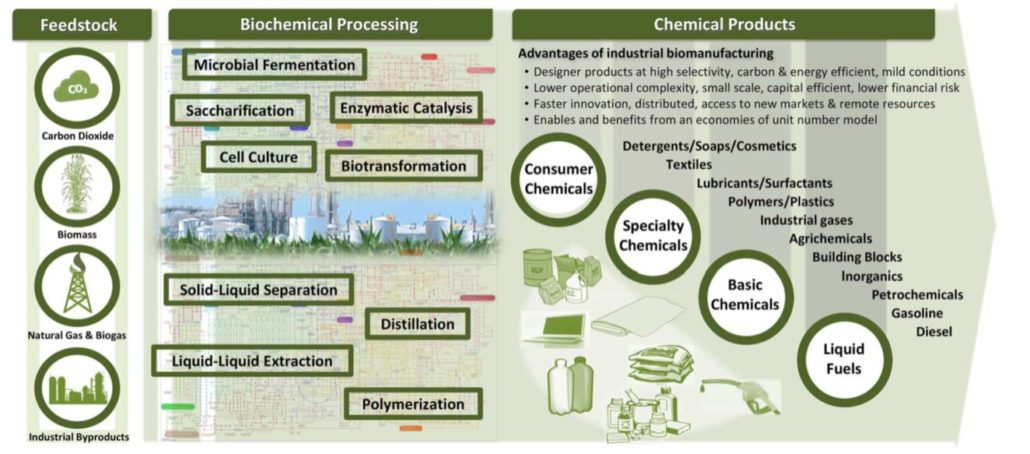
Review: Industrial biomanufacturing: the future of chemical production ($)
Plant Science Research Weekly, ResearchOur way of life depends on the chemical manufacture of thousands of products. Some of these can be produced through biomanufacturing, which may involve starting with a biological starting material, or using an enzyme or organism as catalyst. Advances in synthetic biology, metabolic engineering and genomics…
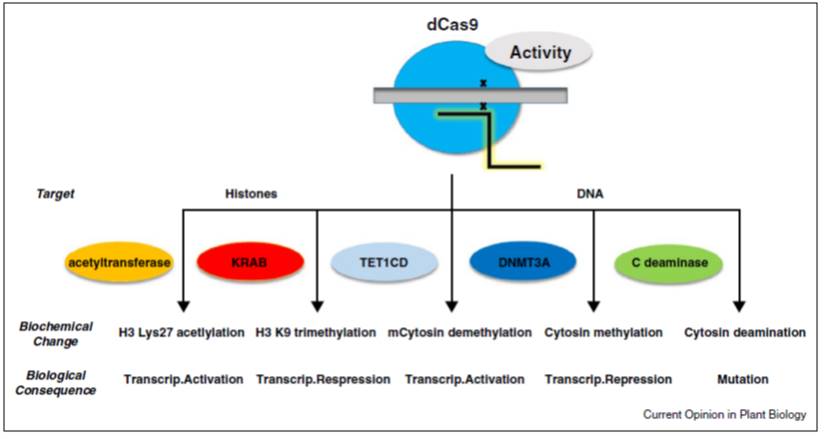
Two Reviews: CRISPR/Cas for genome engineering in plants, and genome editing in cereal crops ($)
Plant Science Research Weekly, ResearchThe gene-editing technology CRISPR/Cas, which introduces double-strand breaks that are repaired by non-homologous end joining (NHEJ), is best known for the promise it holds in modifying an organism’s DNA without the introduction of exogenous genes. However, as Puchta describes (Curr. Opin. Plant Biol.…

